The seventh President of the United States, Andrew Jackson, has always been a controversial figure.
He was a controversial man in the White House, and from time to time, historians and the public weigh in on a debate about his nature and the actions he took before he became President and while he lived in Washington.
We know a lot about Jackson, the man. He was a lot of things: cantankerous, aggressive, politically astute, and physically brave. He was also near-sighted.
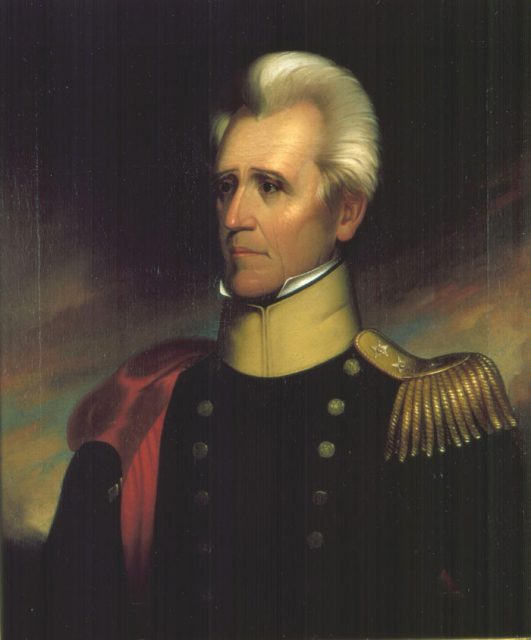
These last two played a role in an episode of Jackson’s life that could not be more different from that of the leaders and Presidents of today – he fought a duel in which he killed a man.
He also took part in about one hundred other duels.
Jackson was a product of the backwoods. He was born in 1767 in the Carolina colony and was involved in the American Revolution at a young age. His brother Hugh had died of heat stroke following a battle against the British.
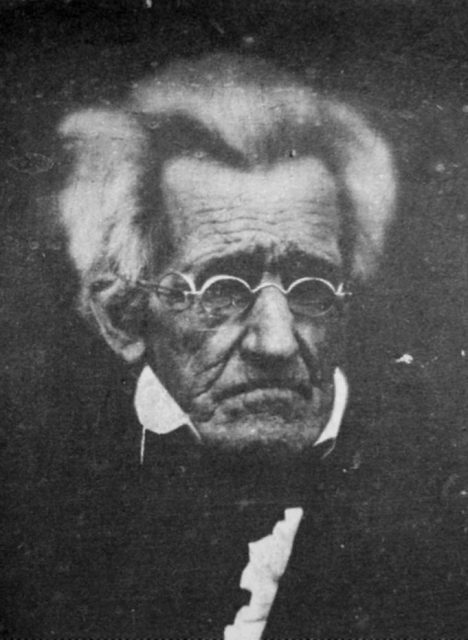
Jackson and his brother Robert were beaten and put in chains when they refused to shine a British officers shoes. Their mother secured their release, but Robert died of smallpox caught in prison. Jackson’s mother died of cholera she caught aiding American prisoners of war. At 14 Jackson was an orphan, his father having died before he was born.
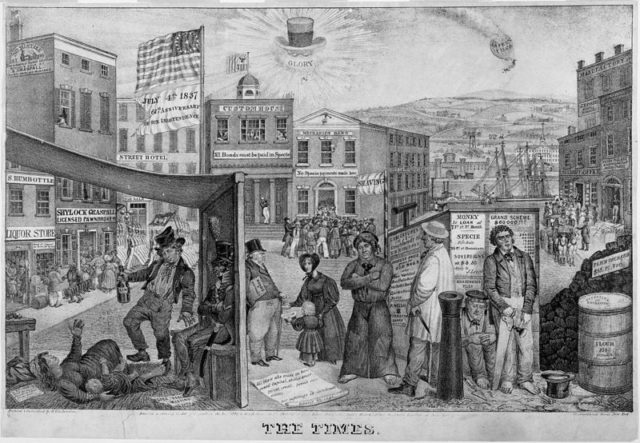
After the war, Jackson moved to Nashville, Tennessee, then a frontier town. There he fell in love with Rachel Donelson Robards, the wife of Captain Lewis Robards, a speculator and landowner. He was intensely jealous of the attention that Rachel’s good looks drew, and it is said that he beat and bullied her. Rachel was not the type to take that sort of behavior and left him in 1790.
Jackson had become a Donelson family friend and soon fell in love with Rachel. Jackson married Rachel soon after hearing her divorce was final, but apparently, Rachel and Jackson had been living together for a short time before that, and she was heard referring to herself as “Mrs. Jackson.”
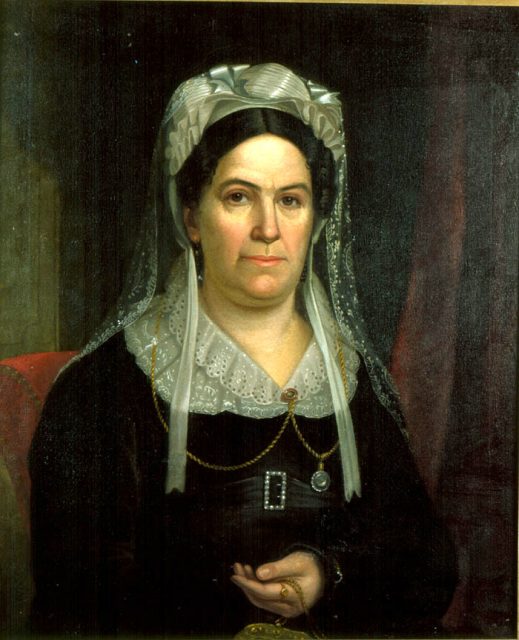
Since they were apparently married before her divorce, for a short time, the couple were living a bigamous marriage – a scandal of sorts. When they discovered the divorce had become final in 1794, they had another more official ceremony, but the scandal stuck to them – especially Rachel.
Jackson was exceedingly ambitious. He became a lawyer and began to move in the high social circles of frontier Nashville. He developed both friends and enemies, both of which were intense: no one felt neutral about Jackson.
He was either loved or hated. One of those men who hated Jackson was Charles Dickinson. There was a rivalry between the two men for land and horses, and Dickinson was also known to have made comments about Rachel’s previous marriage, which made matters even worse.
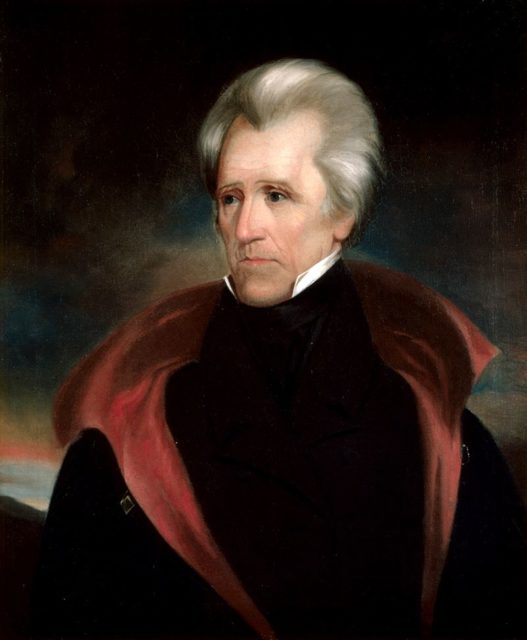
Dickinson was a lawyer and part of a clique in Nashville opposed to people in Jackson’s circle. By 1806, Jackson had become a prominent land-owner, horse breeder and racer.
Their quarrel was actually the by-product of an argument between a friend of Jackson’s and Joseph Erwin, Dickinson’s father in law, over the handling of a bet on horses. One thing led to another, and soon the two men were trading insults.
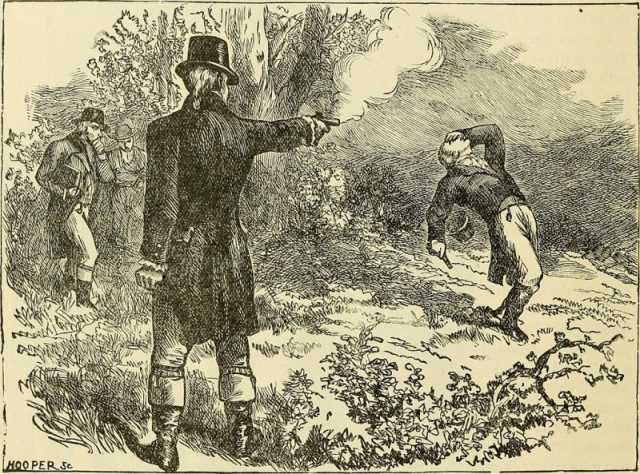
In those days before email, Dickinson, who was an expert marksman, goaded Jackson with a letter calling the future President “a coward and equivocator,” and likely insulted Rachel in other letters and at social gatherings of his circle. Jackson likewise called Dickinson names and let everyone of influence in politically heated Nashville know exactly what he thought of the man.
Escalating the matter to an entirely new level, Dickinson took out an article in one of the local papers, calling Jackson a “worthless scoundrel…a poltroon and a coward.” Actually, he needn’t have called Jackson a “poltroon,” since it is synonymous with coward. Still, no one called Jackson a “coward and poltroon” — and definitely not in the paper for everyone to read. Today, we would say “It was on!”.
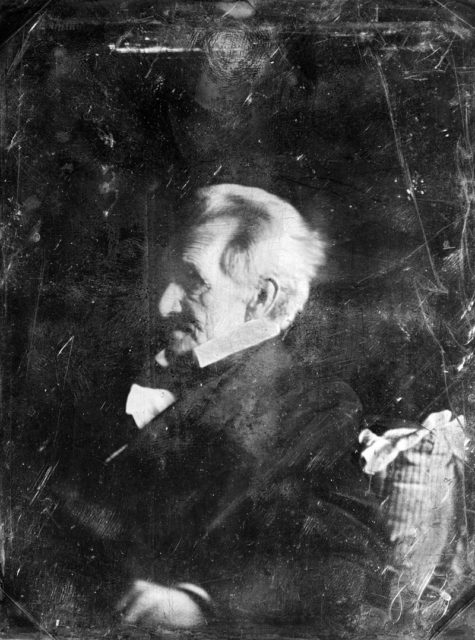
Dueling had been made illegal in Tennessee, so the two crossed the nearby Kentucky border to fight. Both men had been involved in duels before, and Jackson would be involved in more to come. Most duels were not fatal, though many were – hence their being outlawed in Tennessee and other states. They also sometimes led to feuds, which brought more bloodshed and misery.
However, most formal duels were not fatal, or even close. Sometimes, the pistols of the time were just not accurate. Duels were matters of honor – should both men turn up, then honor was satisfied.
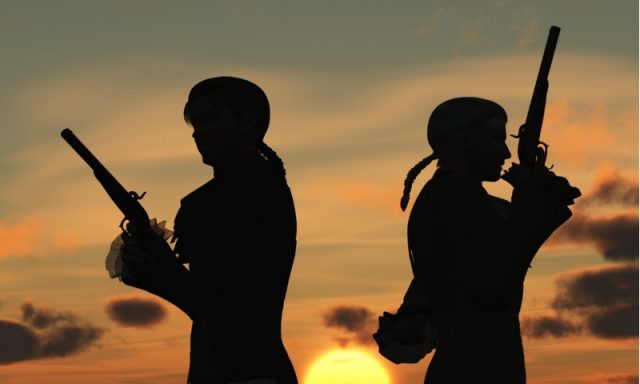
Should they proceed to the next level, then a number of things could happen: the men could fire into the air. They could aim just to the side of the other to see who flinched and who was a “poltroon.” Or they could wound each other in the arm or leg. All of Jackson’s previous duels were “fought” this way. This one wasn’t, and both sides knew it going in – it was going to be to the death.
Jackson’s “second” and friend, Thomas Overton, believed they should let Dickinson get off the first shot (the men drew and fired one right after the other – not at the same time, as is sometimes seen in movies), and that Dickinson’s urge to get at Jackson would cause him to miss. Jackson would take his time and take the second shot.
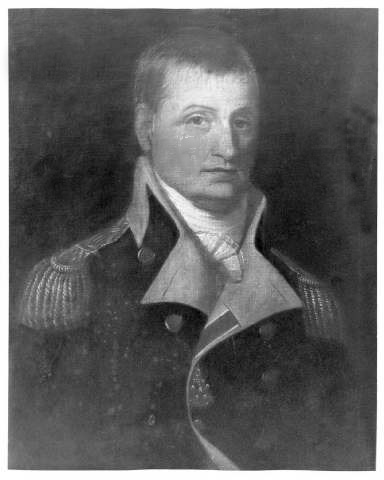
That is what happened – with one slight problem: Dickinson was a good shot. He shot Jackson in the chest. After the duel, Jackson would be operated on, and the bullet would be found to be so close to his heart that surgeons thought it best to let it remain in his body. The bullet also broke some of Jackson’s ribs. Historians believe that Jackson’s sideways stance and loose clothing saved his life.
Despite this, Jackson stood on his feet and took careful aim at Dickinson, who was “forced” to stand in place. If he didn’t, then everyone would know he was indeed “a coward and poltroon,” and life in those times would become difficult. Dickinson stood there, and Jackson shot him – directly in the heart, killing him.
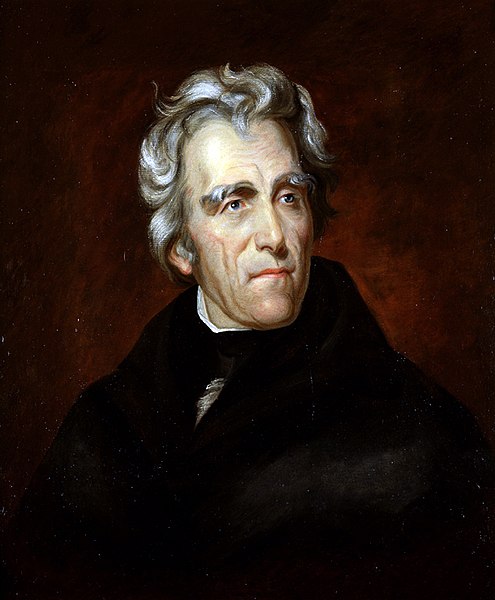
Many people were outraged that Jackson had killed Dickinson while the man was forced to stand there, waiting. They likened it to an execution. They believed that Jackson should have fired with Dickinson, or fired in the air, near Dickinson, or his leg.
Jackson’s honor would have remained intact had he done so. To these people, Jackson argued that he had been shot – he believed mortally at the time. He also was keen on getting back at Dickinson for things he had said about Rachel and wanted everyone to know that if they decided to insult his wife, they could expect the same. Jackson told people that “I should have hit him if he had shot me through the brain.”
Jackson suffered with pain from the duel for the rest of his life. Dickinson was buried in Nashville. Because many people perceived his killing of Dickinson as cold-blooded, Jackson’s reputation suffered.
Read another story from us: The Most Famous Duel in American History
Oddly enough, he joined with fellow duelist Aaron Burr in the latter’s attempt to take Florida from the Spanish but left him when he found out that Burr planned on attacking New Orleans as well, part of the United States. It wasn’t until he became the “Hero of New Orleans” at the end of the War of 1812 that Jackson’s reputation was restored.
